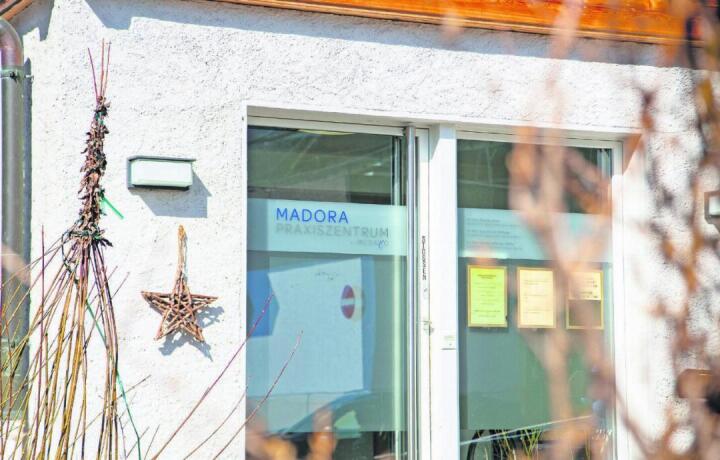Healthcare Providers in Saanenland are struggling
25.03.2023 Local News, Healthcare, Municipal - Politics, Gstaad LivingThe Madora practice centre in Gstaad will soon be losing two of its family doctors, Dr Mirela Mondescu and Dr Nikolaus Hoyer. Medaxo Services AG operates the centre and is having difficulty finding a successor. The authorities are concerned as Dr Beat Michel, the third GP at the practice centre, also is retiring this summer.
The current healthcare situation in Saanenland is problematic due to several factors. One of the main challenges is the shortage of primary care doctors in the area. The Madora practice centre in Gstaad is facing difficulties in recruiting new doctors to replace those who are leaving, and the remaining GP, Dr Beat Michel, is retiring soon. This shortage of doctors is partly due to new licensing requirements introduced in the canton of Bern and other cantons in Switzerland, making it more difficult for doctors to obtain a license to practice without having worked for three years at a recognised training centre.
In addition, doctors are less willing to work in peripheral regions like Gstaad, where they would need to take on many poorly compensated emergency services. The lack of affordable housing in the area is also making it more difficult to attract doctors.
These challenges are compounded by the demand for primary care services increasing as the population ages, and more people move to the area. The situation is further complicated by the need for doctors to provide emergency services, which is becoming more difficult due to the shortage of primary care doctors.
The Medaxo Group is seeking support from the municipalities to address these challenges. A pilot project has been launched to establish an alternative solution to the shortage of doctors in the Bernese Oberland Medical District Association. A project in which an on-call room in the Interlaken hospital will be equipped to enable doctors from the entire canton to report for emergency services in the region. The doctor on duty will be responsible for all tasks, including home visits and visits to institutions, and the on-call service will be remunerated at 700 Swiss francs per day.
Based on AvS | JOCELYNE PAGE
BACKGROUND:
The FMH Physician Statistics 2022, released recently, indicates that while the number of doctors in Switzerland has increased by 2% from the previous year, there are still concerns about low GP density and dependence on foreign physicians. The statistics show that over 50% of working male and female physicians in Switzerland are 50 or older, with 25% being 60 or older. While the proportion of women in the field has increased over the years, the shortage of GPs in the outpatient sector is concerning, with a density of only 0.8 FTEs per 1000 inhabitants, below the recommended value of 1. The decrease in workload and hours worked per week also adds to the problem.
Switzerland's physician density of 4.6 male and female physicians per 1000 inhabitants is comparable to neighbouring countries, but the dependence on foreign doctors is high, with 39.5% of working doctors having a foreign diploma or coming from abroad. The shortage situation in the countries of origin is thus exacerbated.
The predicted decline in primary care in the canton of Bern by 2025 also raises concerns about the security of supply. The lack of family doctors is a cost driver, and inadequate care leads to additional costs. To address these concerns, measures such as reducing administrative tasks, increasing the number of domestic study places for medicine, and implementing up-to-date tariff and financing systems that consider inter-professionalism and digitalisation are central.




